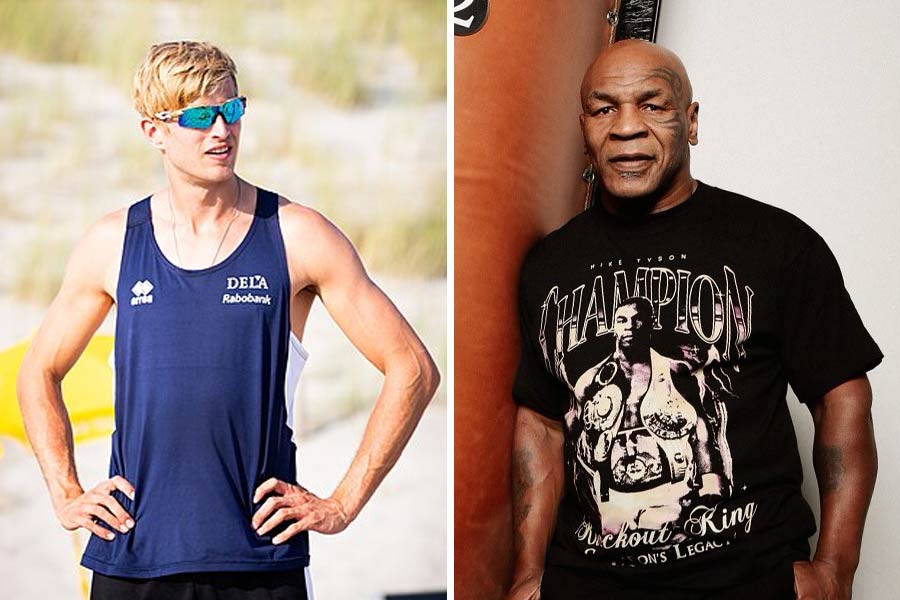The world of sports is often celebrated as a realm of inspiration and excellence, where athletes are idolised as heroes and role models. When athletes with cases of serious violence against women against their name return to their fields, it raises serious ethical questions and societal concerns. A recent example is Dutch beach volleyball team member Steven van de Velde.
Steven van de Velde was met with boos when he was introduced at the Paris Olympics 2024. He has served time in prison for statutory rape – having sex with a 12-year-old. His return to the professional sports arena has sparked outrage and a heated discussion about the implications of allowing athletes with criminal records of this nature to compete on such prestigious platforms.
It reflects a recurring issue. Athletes – and heroes – across sports have been convicted of violence against women and have continued to play, often returning to significant roles in their respective fields.
Fans gave Portugal’s football megastar Cristiano Ronaldo – accused of rape in a Las Vegas hotel in 2009, a case eventually settled out of court – a free pass, just like other examples from the world of sports.
Boxing superstar Floyd Mayweather Jr has a well-documented history of domestic violence. In 2010 he was sentenced to 90 days in jail for assaulting the mother of his children.
The late basketball legend Kobe Bryant was accused of sexual assault in 2003. The case was eventually dropped after the accuser refused to testify and a civil settlement was reached. Bryant continued to play in the NBA, eventually retiring as one of the league's greatest players.
Mike Tyson, the heavyweight boxing champion, was convicted of rape in 1992 and served three years in prison. He returned to boxing and continued to fight in high-profile matches.
When individuals involved in such serious crimes against women are welcomed back into the fold, it broadcasts a disturbing message: that success, fame, and talent can overshadow ethical and legal misconduct. This isn't just a blip on the radar — it's a glaring indictment of an industry willing to compromise integrity for profit.
Sports governing bodies hold immense power and responsibility in shaping the values of their industries. The International Olympic Committee (IOC), Fifa and other major sports governing bodies need to implement and enforce strict policies regarding the conduct of athletes.
Zero tolerance for violence against women should be a non-negotiable standard, with severe and unequivocal consequences for violators. The question isn't whether these policies should exist; it's why they aren't being universally enforced.
Why do we see such selective application of moral standards? Are these organisations merely concerned with preserving their golden boys and their lucrative deals?
Should the sports world not demand higher standards of its stars? Do we really need statistics to remind us that violence against women remains a global problem?











